Brazil is well-known as a land of beaches, carnivals, soccer and the Amazon. Its people and their culture are deeply unique, intriguing people from all around the world. Yet, South America’s largest country has many more surprises in store beyond the usual associations. Brazil’s richness is present in its cuisine, principles and energy year-round. The beaches and festivals this country gets most of its love for are great, but it is the tradition and meaning behind all of it that is the most fascinating. Learn more about what Brazil has in store with these ten facts about Brazil.
Before diving into these facts about Brazil, here is some history on Brazil’s relationship with Black and African people that has significantly shaped the land. Brazil is actually the country that imported the most enslaved Africans onto its land. Brazilian blogger, Bruna for I Heart Brazil shared that about 12.5 million enslaved African people were taken from their land and forced into slavery. Out of those millions of people, 38.9% of them were sent to Brazil. Additionally, Brazil was the last country to abolish slavery in 1888. Today, Brazil has a large population of African-descended people and racism in the country is still present.
However, the many diverse people of Brazil and others like Bruna for I Heart Brazil are making a point to shed light on the conversation and stand up for equality. Brazil continues to see more people standing up, not for the rights of Black Brazilians, but also women, LGBTQIA+ people and more.
Now, here are ten facts about Brazil.
1. Brazil is the Largest Exporter of Coffee
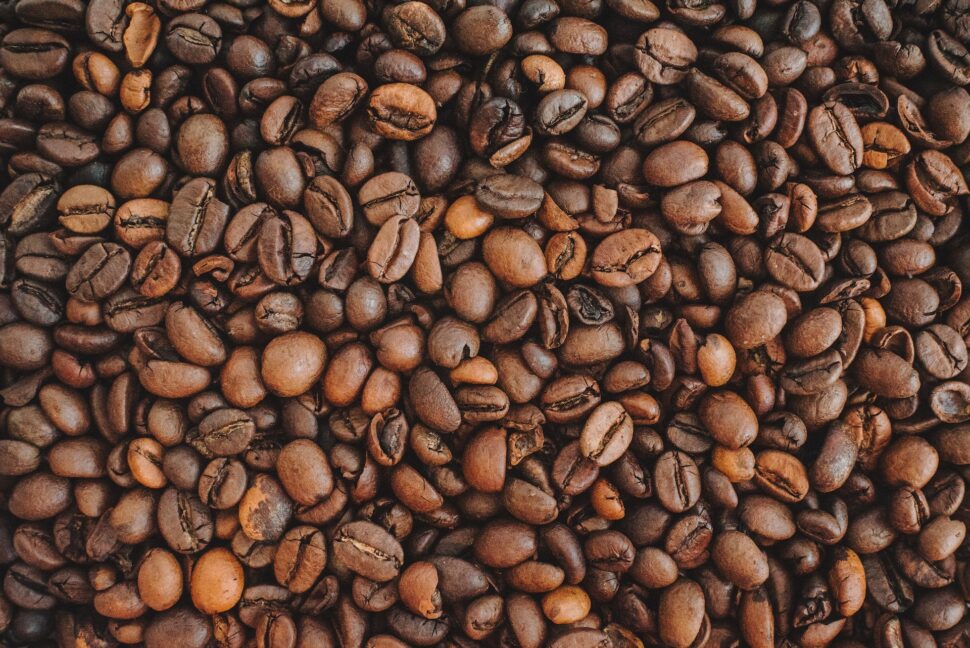
Brazil grows over 40% of the world’s coffee and is by far the largest exporter globally. Coffee cultivation took off in the 1800s and helped power Brazil’s trade and growth. Today the country produces over 3 million tons annually with the states of Minas Gerais, Sao Paulo and Espirito Santo being key coffee regions. Brazilian beans like Bourbon or Typica Arabica are favored by baristas for their balanced, nutty notes. So there’s a good chance that morning cup of joe contains fine Brazilian coffee.
2. Brazil Borders Almost Every Country in South America
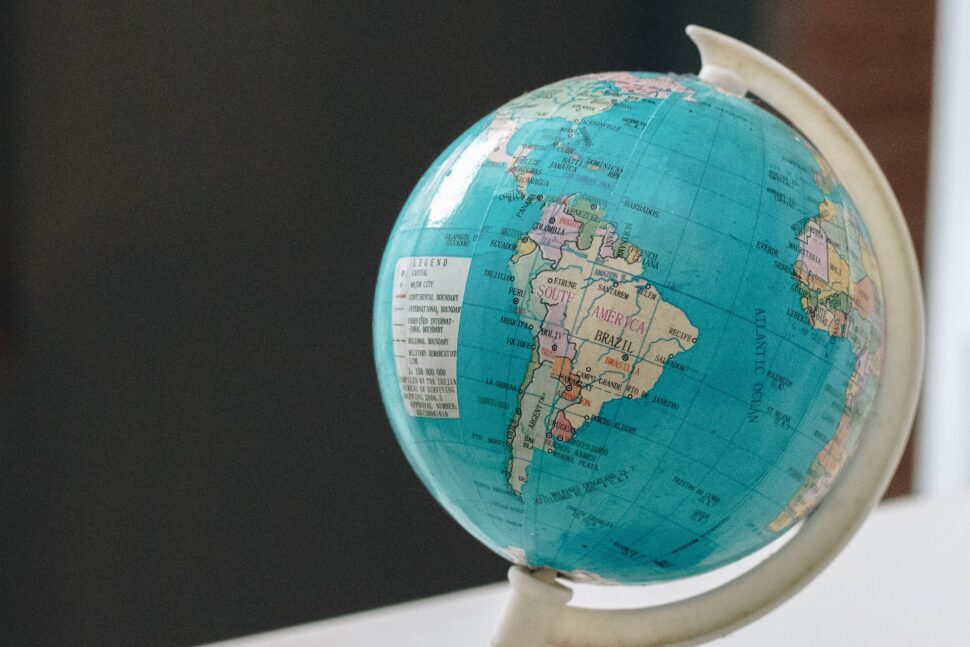
Given its massive size, the fact that Brazil borders virtually every South American nation except Chile and Ecuador is not one of the most shocking amongst these facts about Brazil. The country covers around half the continent and shares borders with 10 countries including Argentina, Colombia, Venezuela, Guyana and more. Frontiers extend over 16,000 kilometers in total in the dense Amazon rainforest, Pantanal wetlands and more environments. The long borders reflect Brazil’s strategic position at the heart of South America and its connected histories with neighboring countries since colonial era expeditions.
3. Brazil is Home to at Least 15% of the World’s Biodiversity
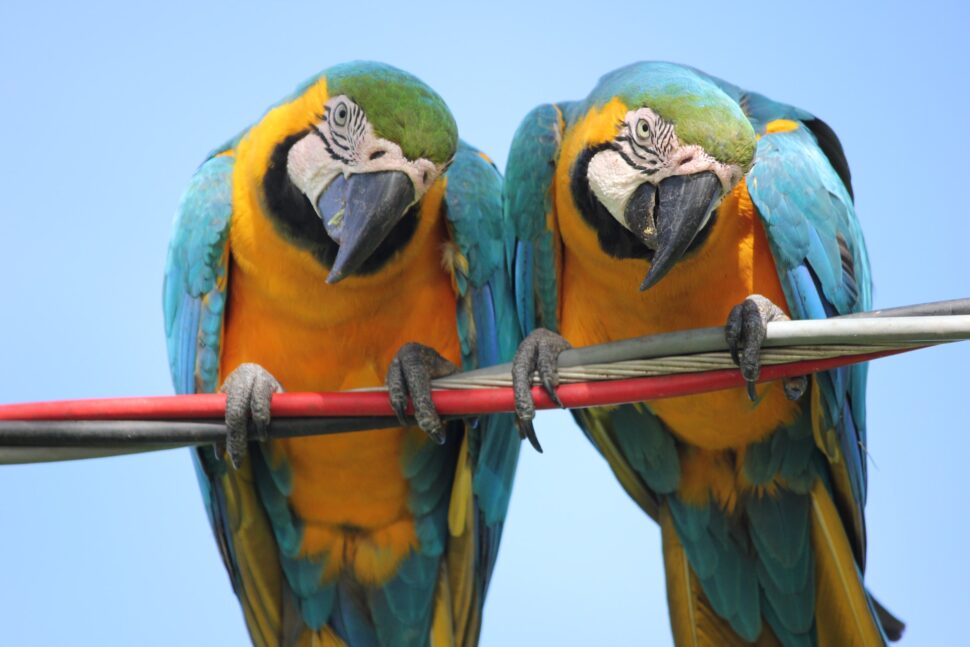
An abundance of natural environments from rainforests to wetlands makes Brazil one of the most biodiverse countries on Earth. Experts estimate Brazil is home to around 20% of globally cataloged plant and animal species. There are over 100,000 invertebrates, 3,000 fish and 800 bird species discovered so far. New exotic species come to light periodically in the Amazon which covers over 30% of Brazil. Preserving habitats from deforestation and climate change is crucial for protecting this rich flora and fauna heritage.
4. 60% of The Amazon Rainforest is in Brazil
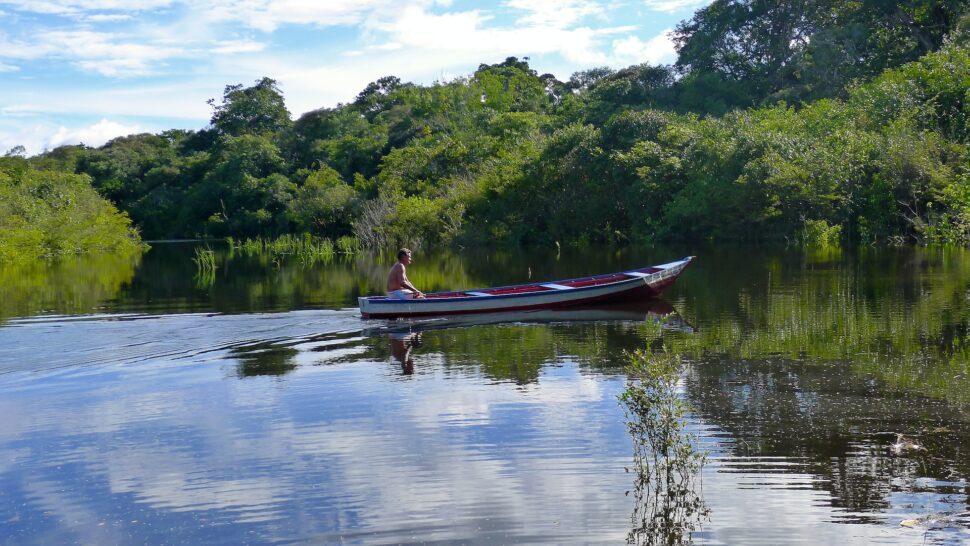
Speaking of the Amazon, this next fact of the ten facts about Brazil is all about it. The Amazon Rainforest conjures images of untouched jungle, exotic wildlife and indigenous tribes. Over 60% of the Amazon basin falls within Brazil, covering 2.7 million square miles. The ancient forest was once double that size and continues to face deforestation threats. But Brazil still holds stewardship responsibilities over the majority of this ecological treasure. Preserving habitats for rare flora and fauna while balancing development needs remains a challenge given the Amazon’s scale.
5. Brazil has 23 UNESCO World Heritage Sites
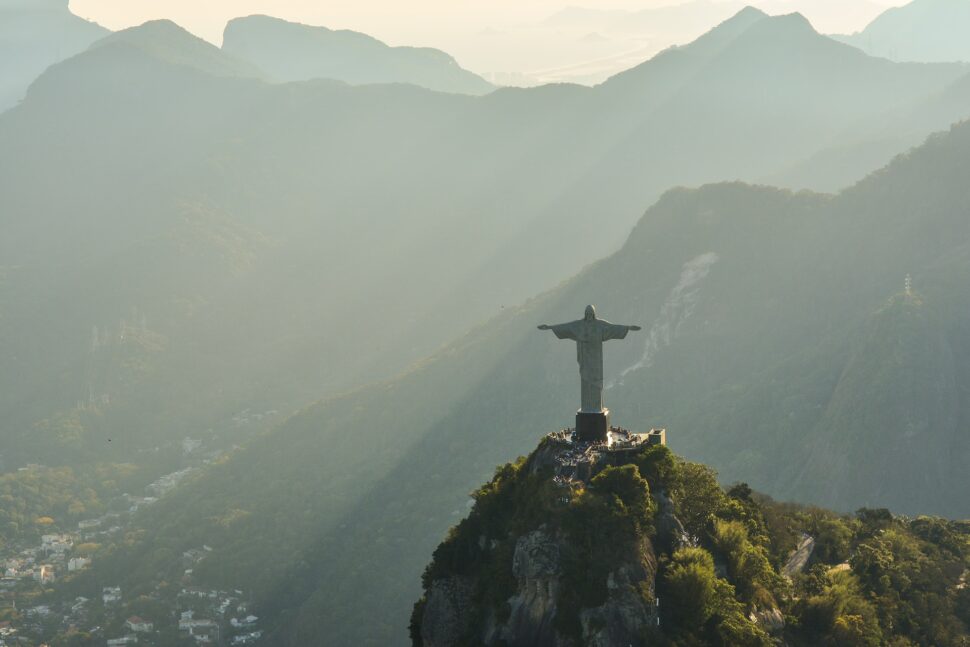
Brazil possesses 23 UNESCO World Heritage sites. This is more than any other South American country. Brazil’s heritage sites include incredible diversity from the tropical Atlantic Islands to the Architectural Ensemble of Goiás. The Iguaçu National Park is home to the jaw-dropping Iguaçu Falls spanning a 1.7 mile wide cliff. Rio de Janeiro’s Statue of Christ the Redeemer is instantly recognizable high above the city. Salvador was the first colonial capital and port. These globally cherished landmarks convey Brazil’s outstanding creative, environmental and historical wealth.
6. Brazil has the Highest Population of Japanese People After Japan
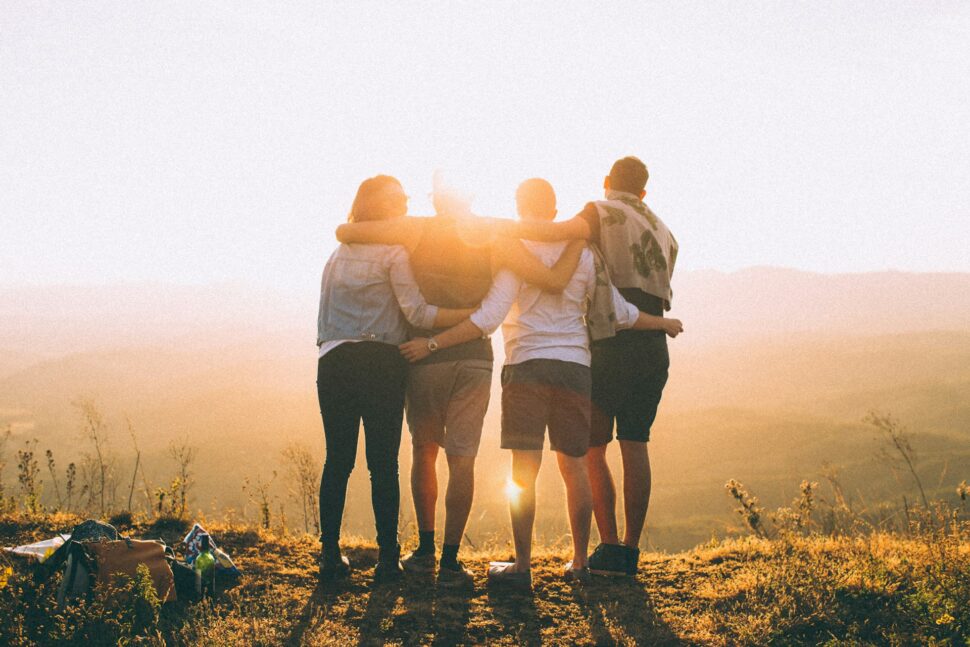
Here is another interesting fact on this list of facts about Brazil. Outside Japan, Brazil has the highest population of ethnic Japanese people in the world at over 1.5 million. Immigration from Japan peaked in the 1950s and 1960s as workers arrived to labor on coffee plantations. While integrating smoothly, Japanese-Brazilians have maintained their dialect, cuisine, festivals and architecture. São Paulo has the world’s largest Japanese community outside Japan with 400,000 descendants. Japanese-Brazilian culture now forms an integral part of diverse Brazilian identity with celebrated figures like footballers or models of Japanese ancestry.
7. Feijoada is Brazil’s National Dish
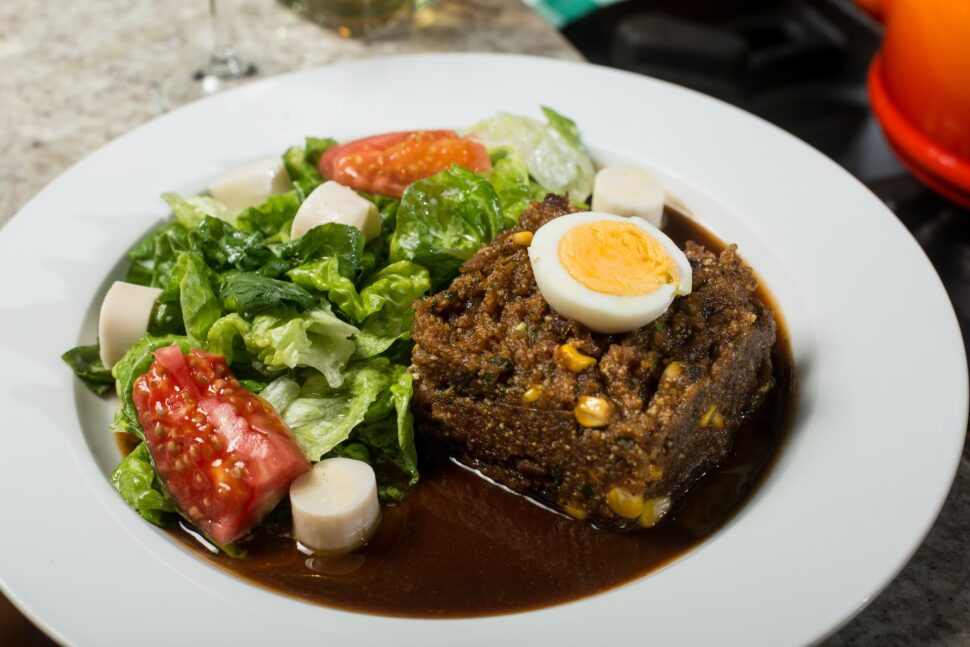
The national culinary dish feijoada has been cherished for centuries across Brazil. The hearty stew packs bold flavors and a protein punch made with black beans and various cuts of pork. The enslaved people of Brazil are credited for inventing the dish by combining leftover meats with beans into a quick, satisfying meal that also stretched ingredients economically. Today, leisurely weekend lunches centered around piping hot feijoada remain valued family rituals celebrating Brazil’s cultural roots.
8. Sex Change Surgery is a Right and is Covered by Healthcare in Brazil
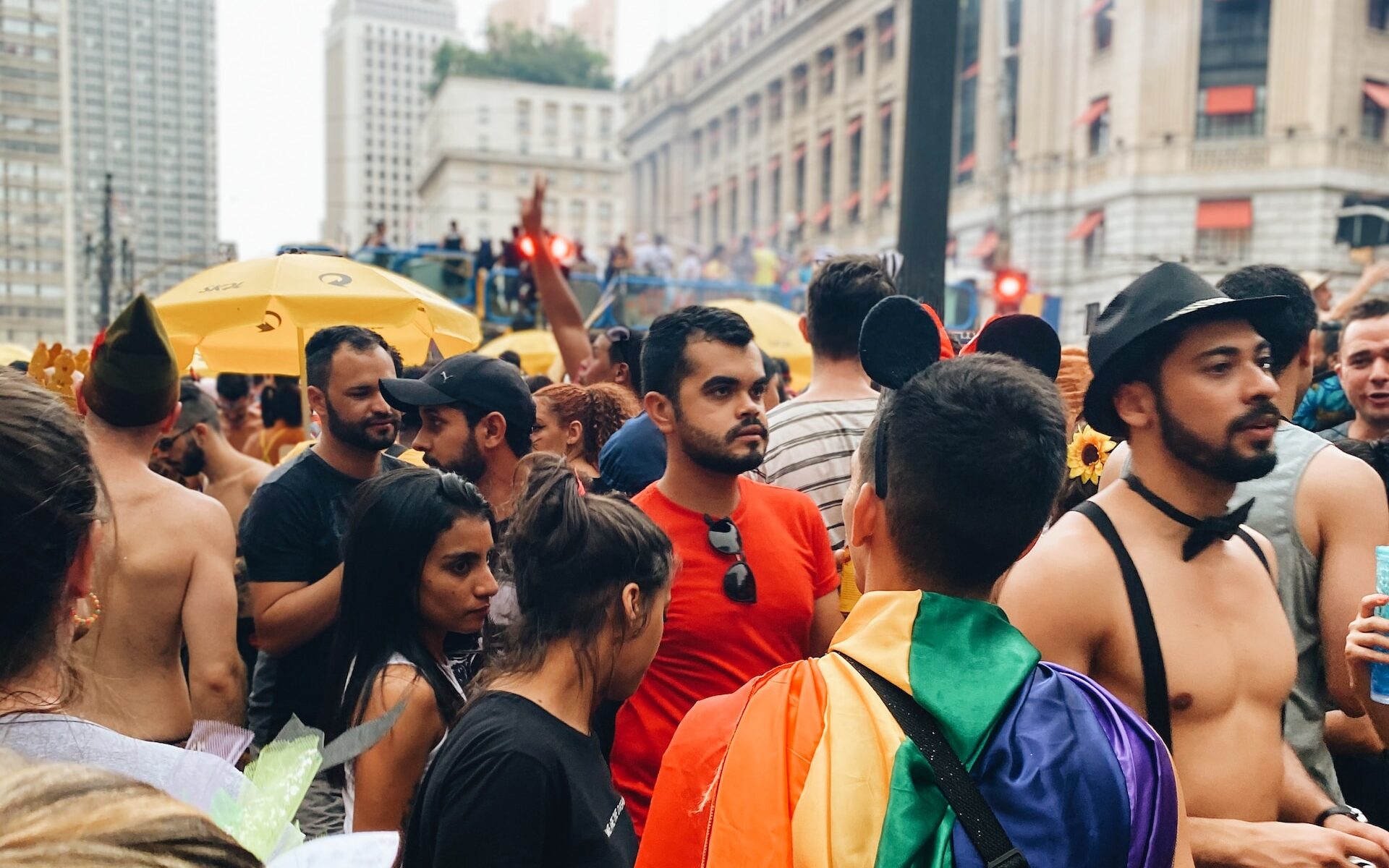
Public healthcare laws make access to gender-affirming sex change surgeries a constitutional right for transgender Brazilians covered under state-subsidized plans. Though these procedures are long and have many requirements, the nation’s progressive policies ease financial barriers that prevent many worldwide from transitioning. Brazil sets standards for inclusiveness with this healthcare right combined with strong gender diversity protections. The annual Madison Square Garden-scale São Paulo Gay Pride Parade attests to the relative openness around fluid expressions of gender and sexuality.
9. Brazil is the Second Most Sexually Active Country

Brazil ranks second globally for frequency of sexual intercourse according to surveys. Though subjective, the studies reflect a culture that extols sensuality variously through music, dance or revealing attires. Long blood-boiling summers and liberal social attitudes undoubtedly fuel amorous encounters too. From free-spirited hippies of bohemian beach villages to cosmopolitan party-goers, Brazilians focus on pleasure and passion.
10. The Largest Celebration of Carnival is Hosted in Rio de Janeiro
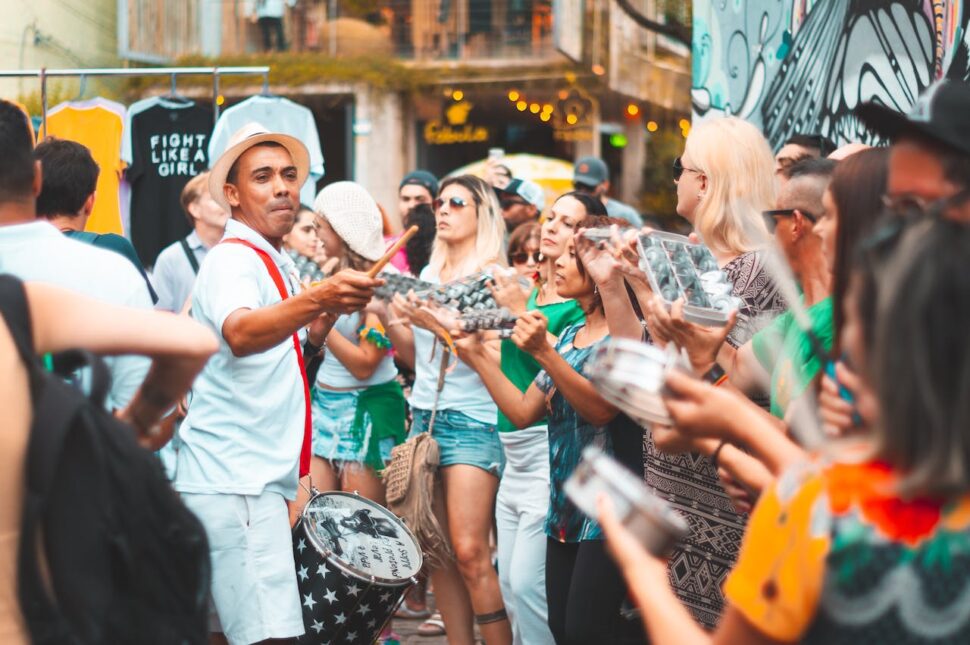
The loud, lively spectacle of Carnival each Spring fills Brazil’s streets with floats, music, costumes and non-stop celebrations. Rio de Janeiro’s carnival festivities remain the biggest, drawing over 2 million fervent followers annually. Larger than life parades featuring rhinestone-studded costumes, pounding drum corps and gyrating dances embody the country’s zeal for big, bold experiences. Preparing all year culminates in this euphoric display of national spirit and solidarity for many Brazilians.
